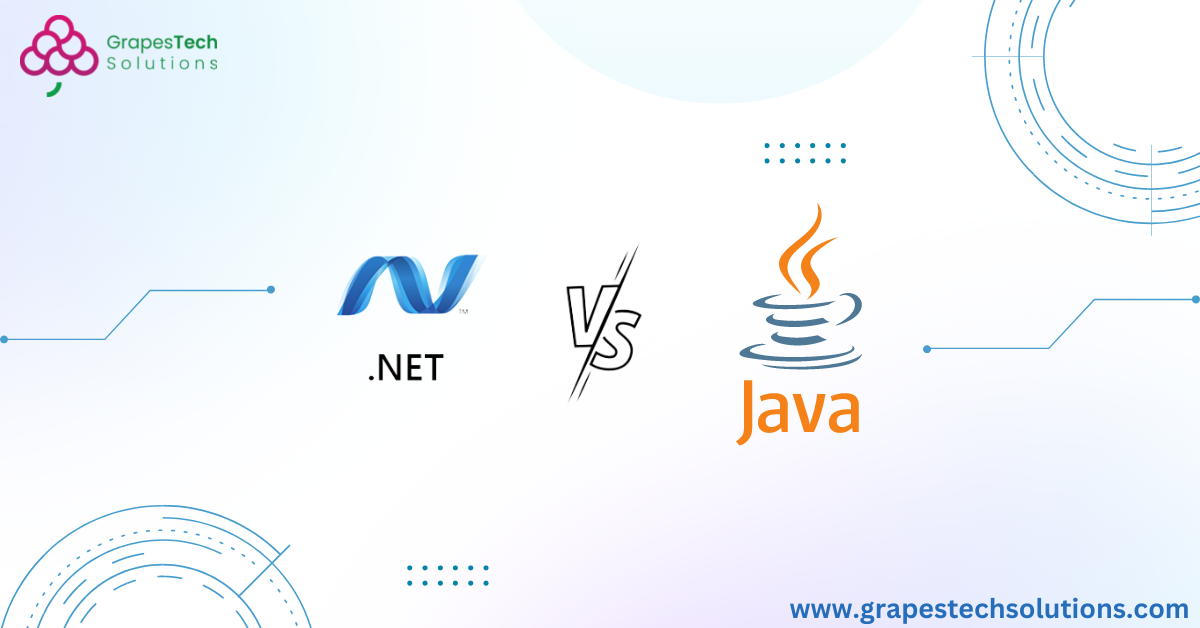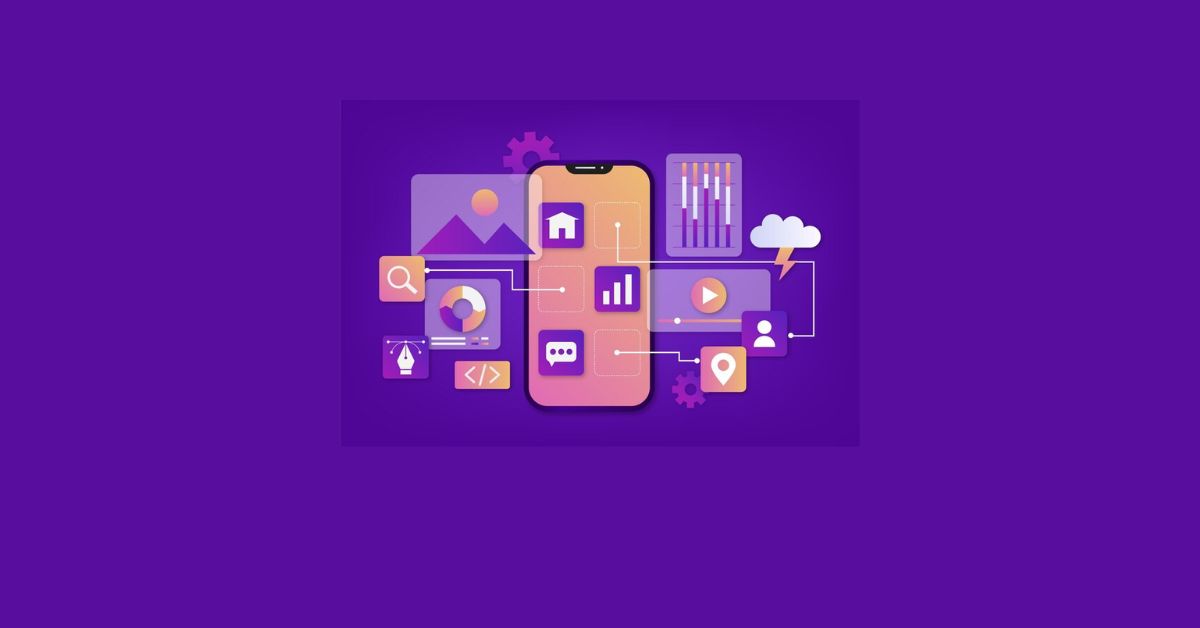In the world of software development, choosing the right technology stack can make all the difference between success and failure. With the constant evolution of technology, it’s important to stay up-to-date on the latest developments in order to make informed decisions. In this blog, we will explore the advantages and disadvantages of two popular technologies, .NET and Java, and help you make an informed decision on which one to choose in 2023.
.Net in 2023
.NET is a software development framework developed by Microsoft that allows developers to build and deploy applications across a wide range of platforms, including Windows, macOS, and Linux. In 2023, .NET is expected to be a popular choice for software development due to several advantages it offers:
Improved performance: With the release of .NET 6, Microsoft has made significant improvements to the performance of the framework, making it a faster and more efficient option for software development.
Enhanced security features: Security is a top priority for software development, and .NET offers a range of features to help developers ensure their applications are secure. With the latest updates to the framework, .NET now includes additional security features such as support for advanced encryption algorithms, enhanced authentication and authorization mechanisms, and improved protection against common vulnerabilities.
Latest features and updates: Microsoft is committed to continuously improving .NET, with regular updates and new features being added to the framework. In 2023, developers can expect to see improvements in areas such as web development, machine learning, and cloud-native applications.
Despite these advantages, there are also some drawbacks to using .NET for software development. Some developers argue that .NET is not as open-source friendly as other frameworks, and that there is a lack of third-party tools and libraries available for use with .NET.
Java in 2023
Java is a programming language that has been around for over two decades, and it continues to be a popular choice for software development in 2023. Here are some of the advantages of using Java for software development:
Cross-platform compatibility: Java is known for its cross-platform compatibility, which means that applications built in Java can run on a wide range of platforms, including Windows, macOS, Linux, and mobile devices.
Scalability: Java is also highly scalable, making it a good choice for large-scale applications. The language has a robust ecosystem of libraries and frameworks that can be used to build complex applications.
Latest features and updates: Java is constantly evolving, with regular updates and new features being added to the language. In 2023, developers can expect to see improvements in areas such as performance, security, and support for modern development practices.
However, there are also some drawbacks to using Java for software development. Some developers argue that the language can be verbose and overly complex, which can make it difficult to write and maintain code. Additionally, some have criticized the slow pace of updates and improvements to the language.
Get In Touch To Develop Highly Scalable Website Development
Comparison of .NET vs Java in 2023
When it comes to choosing between .NET and Java in 2023, there are several factors to consider. Here’s a comparison of the two frameworks:
Performance: .NET has made significant improvements to its performance in recent years, and it is now considered a fast and efficient option for software development. Java, on the other hand, can be slower and more memory-intensive, especially when compared to other modern languages such as Go and Rust.
Security: Both .NET and Java offer strong security features, but .NET may have a slight advantage due to its enhanced security features in the latest updates.
Scalability: Java has a proven track record of being highly scalable, and its ecosystem of libraries and frameworks makes it a good choice for large-scale applications. .NET has also made
significant strides in this area, with support for cloud-native applications and a range of tools and frameworks for building scalable applications.
Community support and resources: Java has a large and active community of developers, with a wide range of resources and third-party tools available for use with the language. .NET also has a strong community, although it may not be as large as the Java community. However, .NET has a strong backing from Microsoft, which means that developers can expect to see regular updates and support for the framework.
Development and deployment tools: Both .NET and Java have a range of development and deployment tools available, with many popular IDEs supporting both frameworks. However, some developers may prefer one over the other based on their individual preferences and requirements.
Overall, the decision of whether to choose .NET or Java in 2023 will depend on a variety of factors, including performance, security, scalability, community support, and individual preferences. While both frameworks have their advantages and disadvantages, the key is to choose the one that best suits your needs and goals as a developer.
Conclusion:
In conclusion, .NET and Java are two popular technologies that offer a range of advantages for software development in 2023. .NET has made significant improvements in areas such as performance and security, while Java continues to be highly scalable and cross-platform compatible. When choosing between the two frameworks, it’s important to consider factors such as performance, security, scalability, community support, and development and deployment tools. Ultimately, the right choice will depend on your individual requirements and preferences as a developer.







